The angel shark family is the second most threatened family of sharks and ray in the world. These species are susceptible to the combined impacts of fishing and habitat degradation, due to their coastal location and biology (large, flat-bodied animals with low reproduction rates).
Three species of angel shark were once widespread throughout the Eastern Atlantic and Mediterranean Sea (Angelshark, Sawback Angelshark & Smoothback Angelshark), but following widespread decline only fragmented populations remain. Find out more about these species on the Angel Shark Conservation Network and in a recently published paper.
The Canary Islands is the unique stronghold for one species – the Angelshark (Squatina squatina) – where it is found in much greater numbers and is regularly sighted by divers and fishers.
HOW ARE ANGELSHARKS PROTECTED IN THE CANARY ISLANDS
In 2019, Angelsharks were added to the Spanish Endangered Species List for Canary Island waters, under the category of “in danger of extinction” (the highest category within this legislation). In practice this means that any action performed with the purpose of killing, capturing, or disturbing Angelsharks; as well as destruction or deterioration of Angelshark habitat and breeding areas; or processing, selling, transporting, trading or exchanging live or dead Angelsharks is strictly prohibited.
ANGEL SHARK SIGHTINGS MAP
Have you seen an angel shark?
Help us better understand and protect angel sharks by reporting your sighting to the Angel Shark Sightings Map
Thank you for collaborating!
ANGEL SHARK PROJECT: CANARY ISLANDS OBJECTIVES
PROJECTS IN DETAIL
1 – IDENTIFY AND MONITOR POSSIBLE NURSERY AREAS
Our aim is to identify and study Angelshark nursery areas to secure protection of these important habitats. Our research includes investigating spatial distribution and habitat use of juvenile Angelsharks; population size and structure; reproductive behaviour; growth rates; and the impact of environmental variables.
Researchers, students and volunteers conduct regular surveys at these nursery areas to tag juvenile Angelsharks and re-capture any sharks that have been tagged previously. The recapture of juvenile sharks gives us important information on their biology in the first stages of their life. If you see a juvenile shark report it to the sightings map.
Las Teresitas in Tenerife is the very first confirmed Angelshark nursery area in the Canary Islands and where we focus a lot of research. It is a perfect laboratory thanks to the density of sharks and the great conditions of this beach to carry out our work. Find out more here.
GUIDANCE DOCUMENT
ENVIRONMENTAL MONITORING
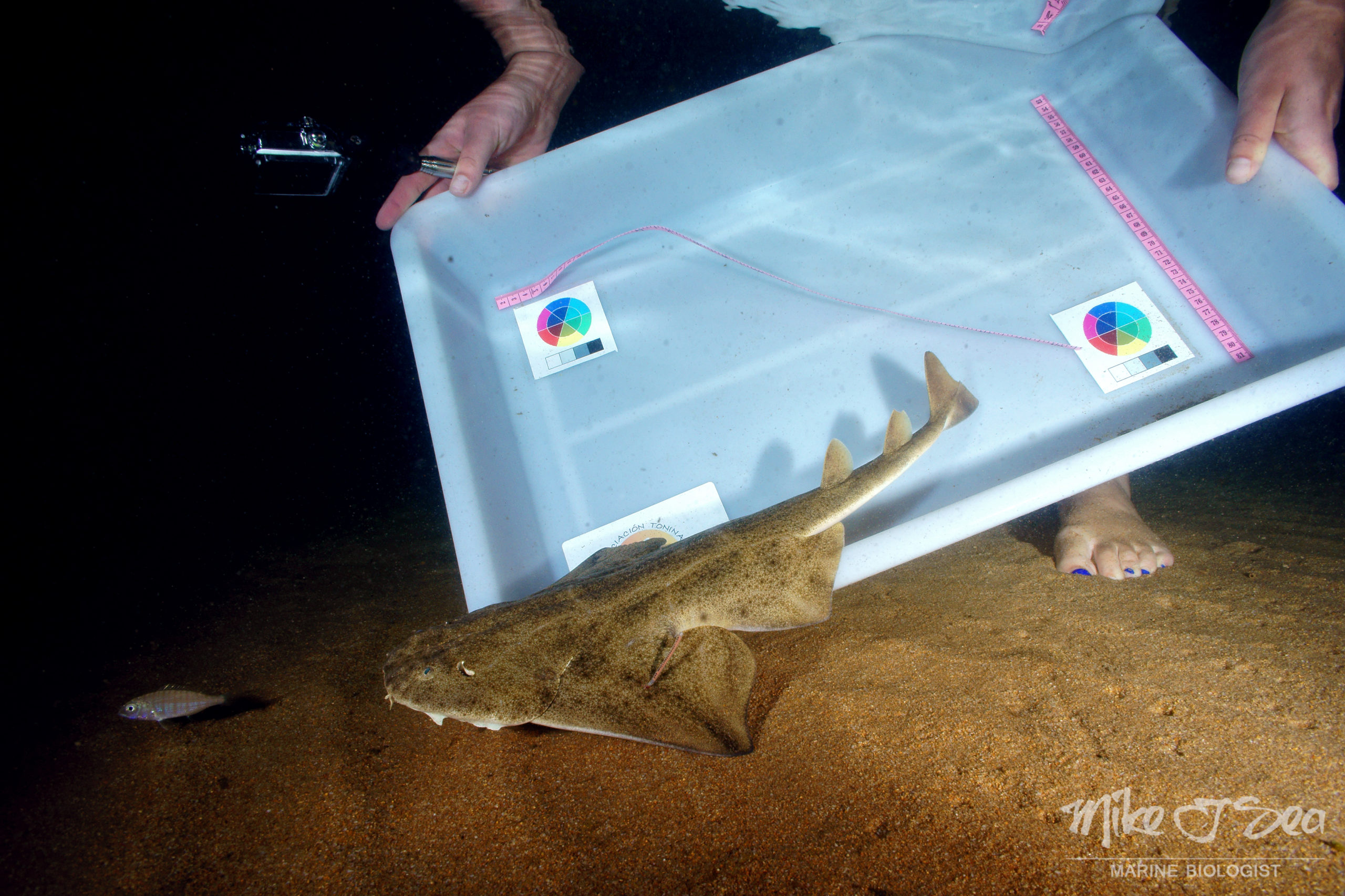
2 – CITIZEN SCIENCE AND WORKING WITH DIVERS
Gathering Angelshark sightings from divers, fishers and other stakeholders is vital for all our science and conservation work – thank you everyone who takes part! The sightings map provides a quick an easy way to report your Angelshark sighting both in the Canary Islands and the rest of their range (East Atlantic and Mediterranean Sea). If you see a tagged Angelshark – please report the number and colour of the tag.
We use these data to identify key Angelshark habitats, understand Angelshark distribution and to answer basic ecological questions – we’ve written this up as a scientific paper and are planning other publications in the future.
If you’re a diver, and fortunate enough to encounter Angelsharks in the water, remember to follow the “Code of Conduct for diving with Angelsharks“:
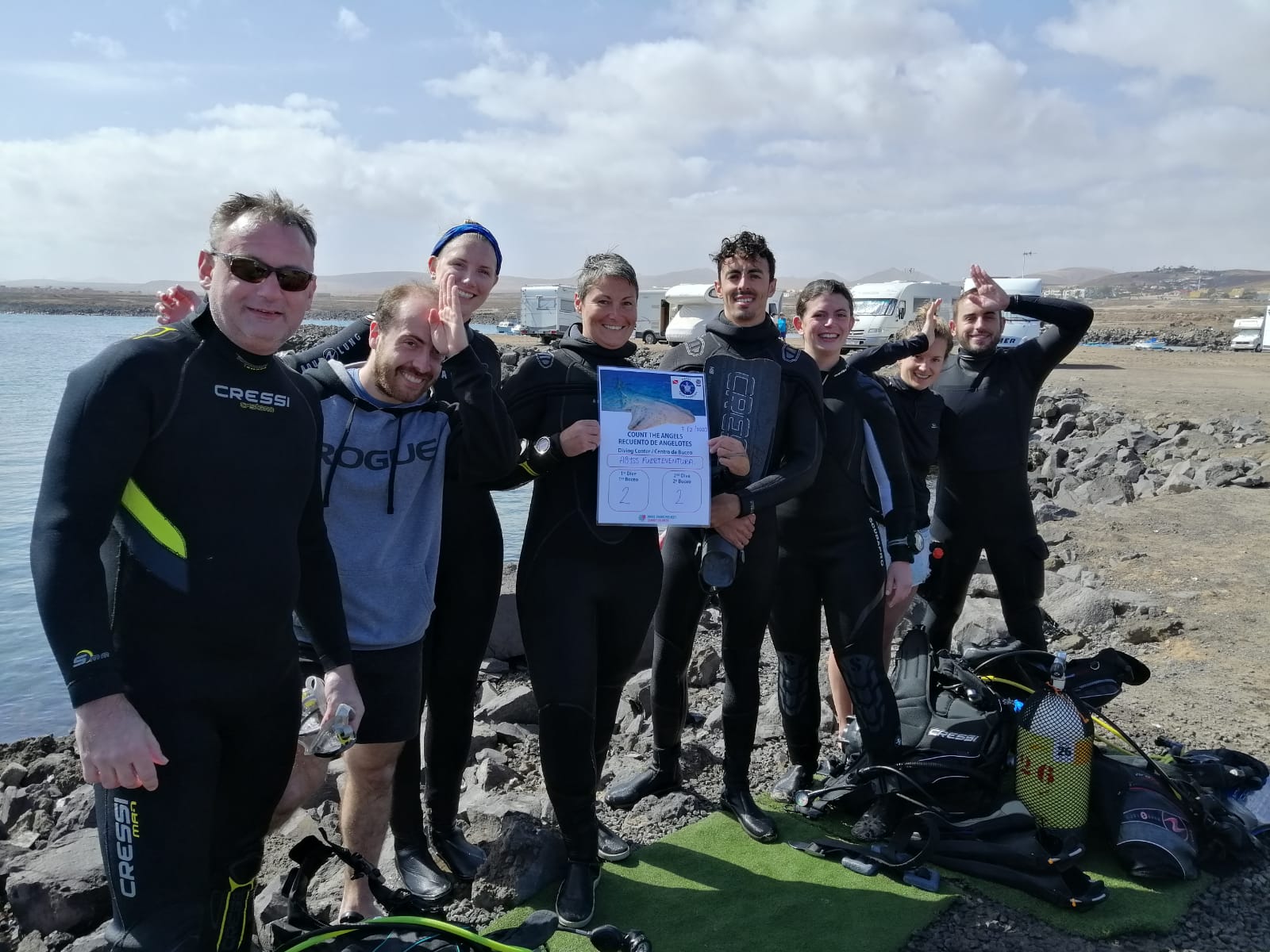
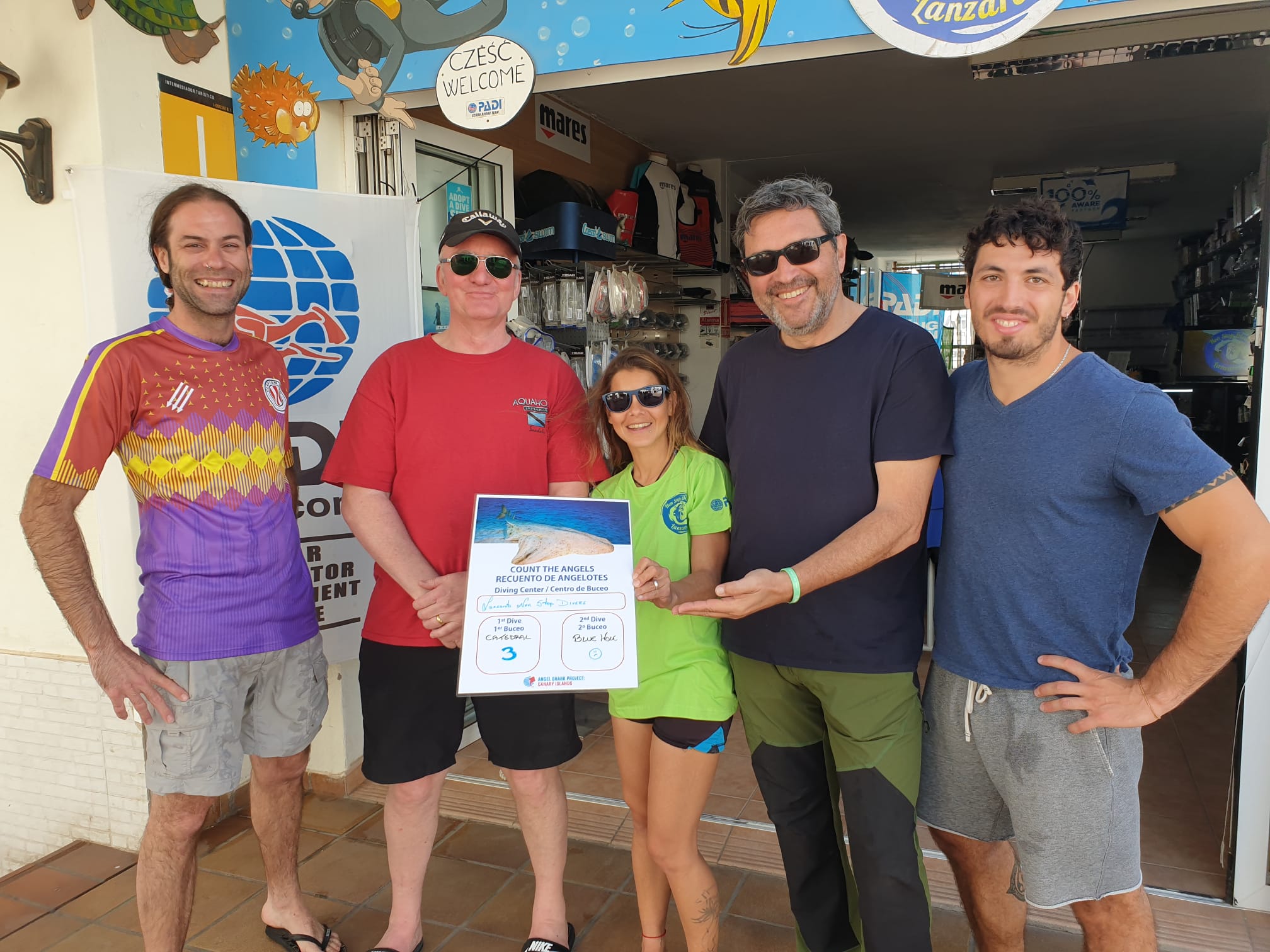
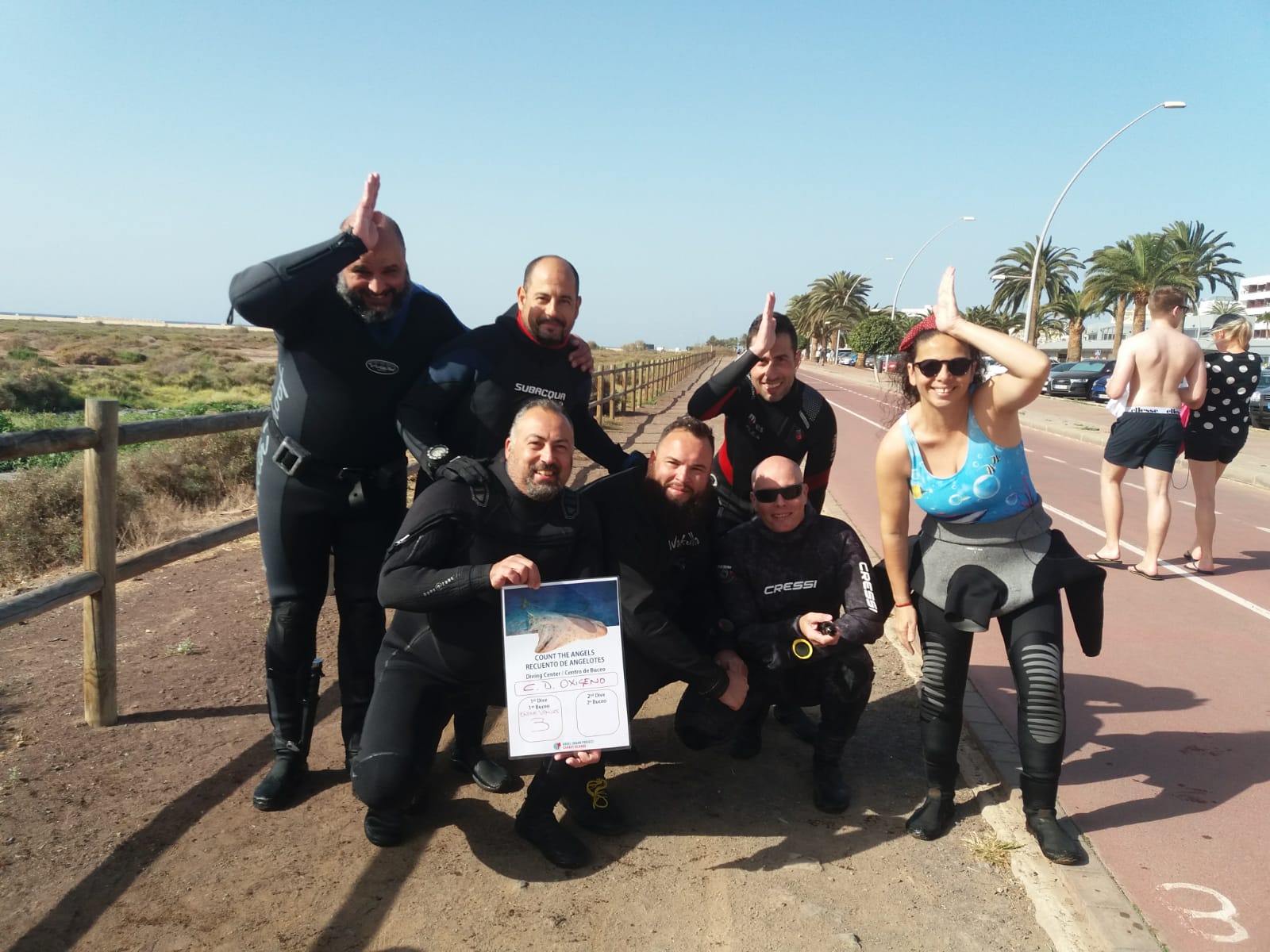
Thank you to all the dive centers collaborating with us
PARTNERS
3 – ADULT ANGELSHARK ECOLOGY, MOVEMENT AND DISTRIBUTION
Limited understanding of adult Angelshark habitat use, movement and site fidelity is a major factor preventing effective protection in the Canary Islands. We are working to understand Angelshark ecology through analysis of citizen science sightings, tagging and genetic analysis. Our aims of this research are to:
- Determine the seasonal distribution, aggregation sites and breeding patterns of the Angelshark across the Canary Islands.
- Assess the population abundance and structure in the Canary Islands and the rest of its range.
- Identify residency and movement patterns within and between islands via a cost-effective tagging program and genetic research.
This information will be used to guide conservation measures and future management strategies.
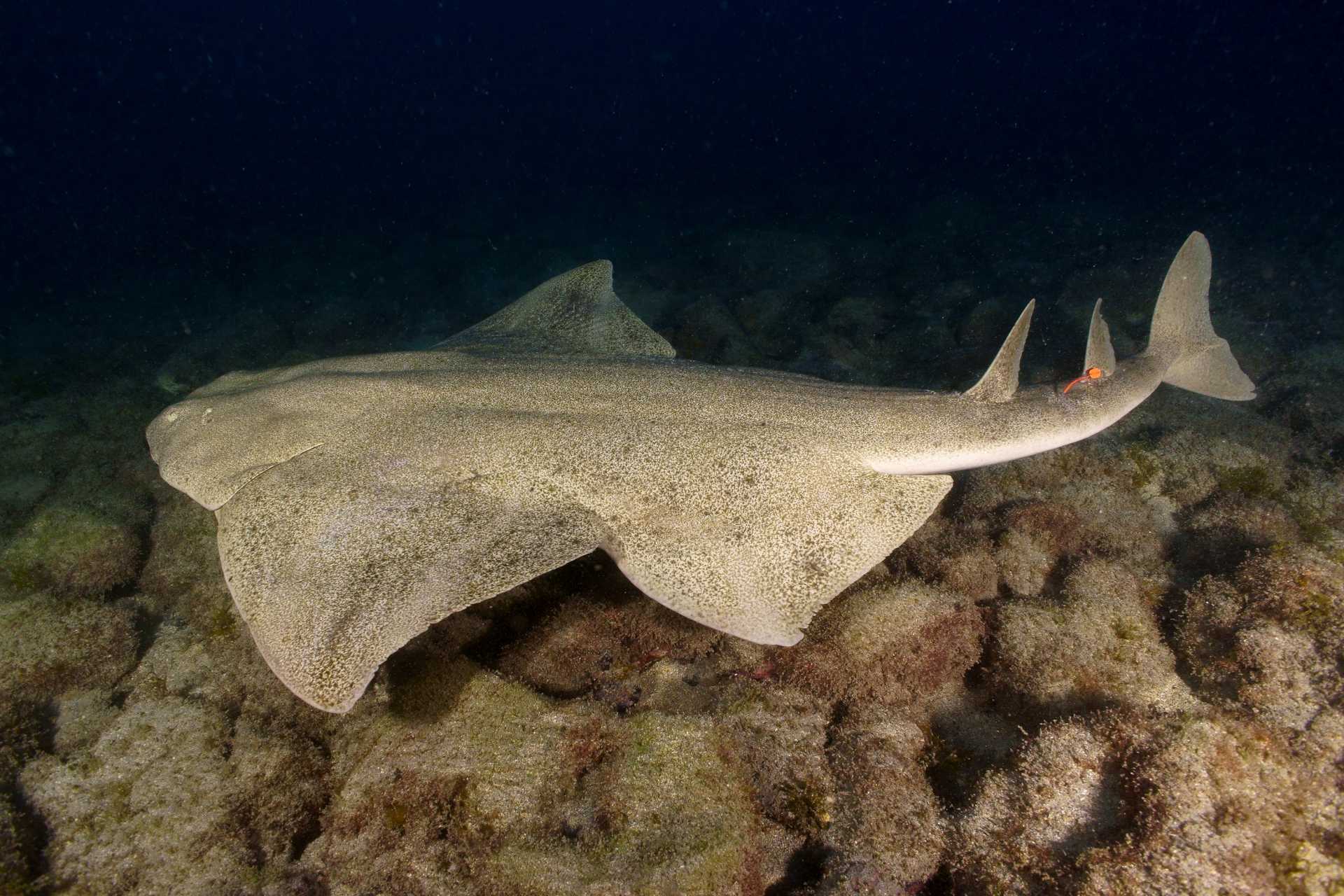
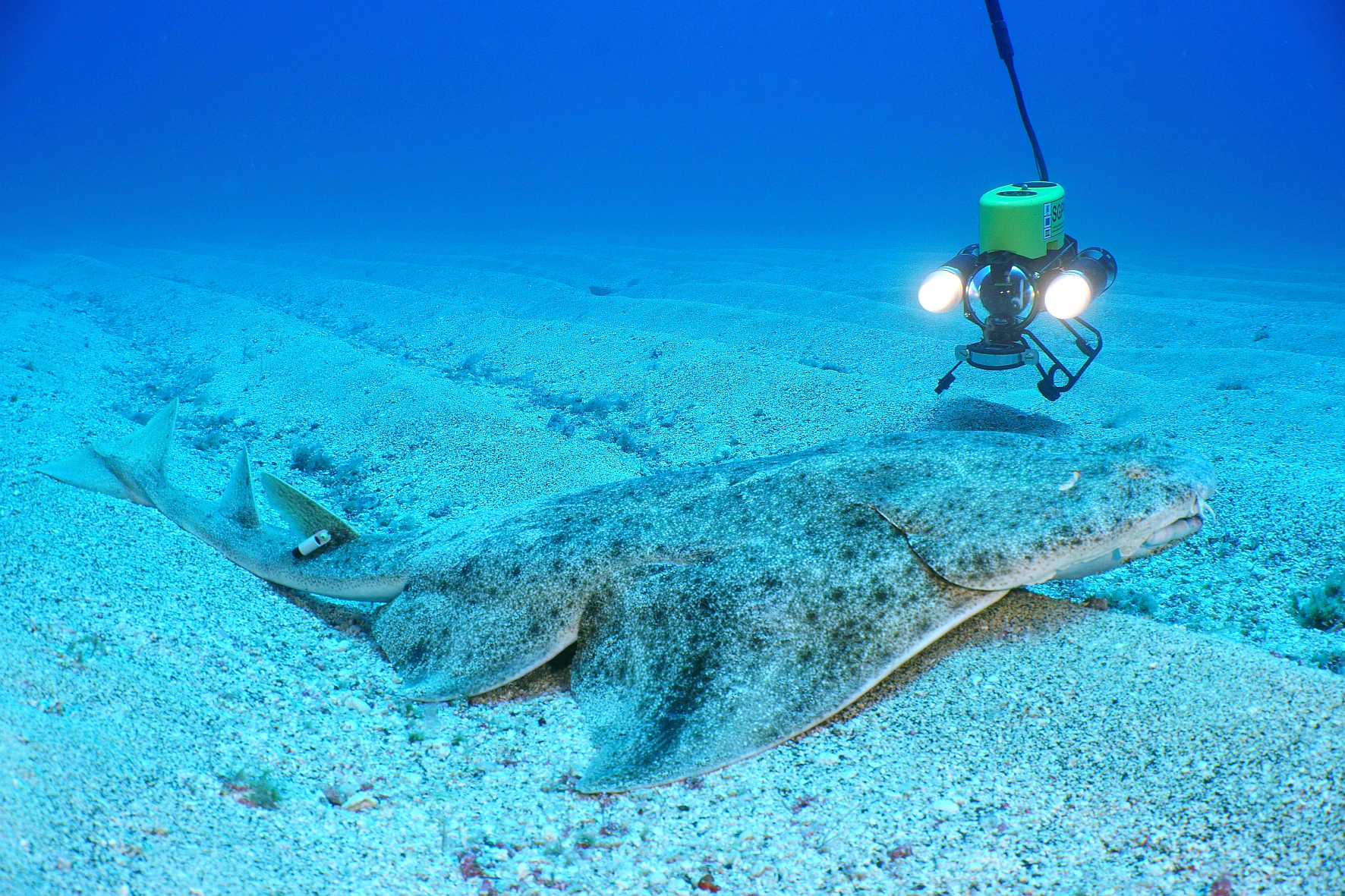
Visual ID tag
Acoustic tag
VISUAL ID TAGGING
ACOUSTIC TRACKING IN LA GRACIOSA MARINE RESERVE
GENETICS
COUNT THE ANGELS
4 – WORKING WITH THE FISHING COMMUNITY
Angelsharks are a protected species (Listed as “In danger of extinction” in the Spanish Endangered Species List) and targeted fishing for them is illegal. Sometimes Angelsharks are still accidentally caught by both recreational, charter boat and commercial fishers.
Working with fishing communities is essential for the conservation of Angelsharks. Together we have developed a best practice guide to safely release Angelsharks accidentally caught, so that they are the best condition possible when released.
Download the recreational best practice guide:
Download the commercial fisher best practice guide:
As well as following best practice guidance, fishers and charter boat clients have provided important information that makes an important contribution to our research. Check out results of 2019 questionnaires (English | Español).
Charter boats collaborating with us:
- Tenerife: RodFather, Happy Hooker, White Tuna, Gavin Glen, Yate Sofia, Crested Wave, No Limit, Punta Umbria V, Tambo Fishing.
- Gran Canaria: Blue Marlin, El Dorado, White Marlin, Fish On, New Felusi.
- Fuerteventura: Big game Fising, Barracuda, Corralejo Charter, Albakora Cat, Yellowfin, Macaronesia fishing adventures, Fuerte Fishing, Albakora.
- Lanzarote: Mizu Sport and Red Tuna.
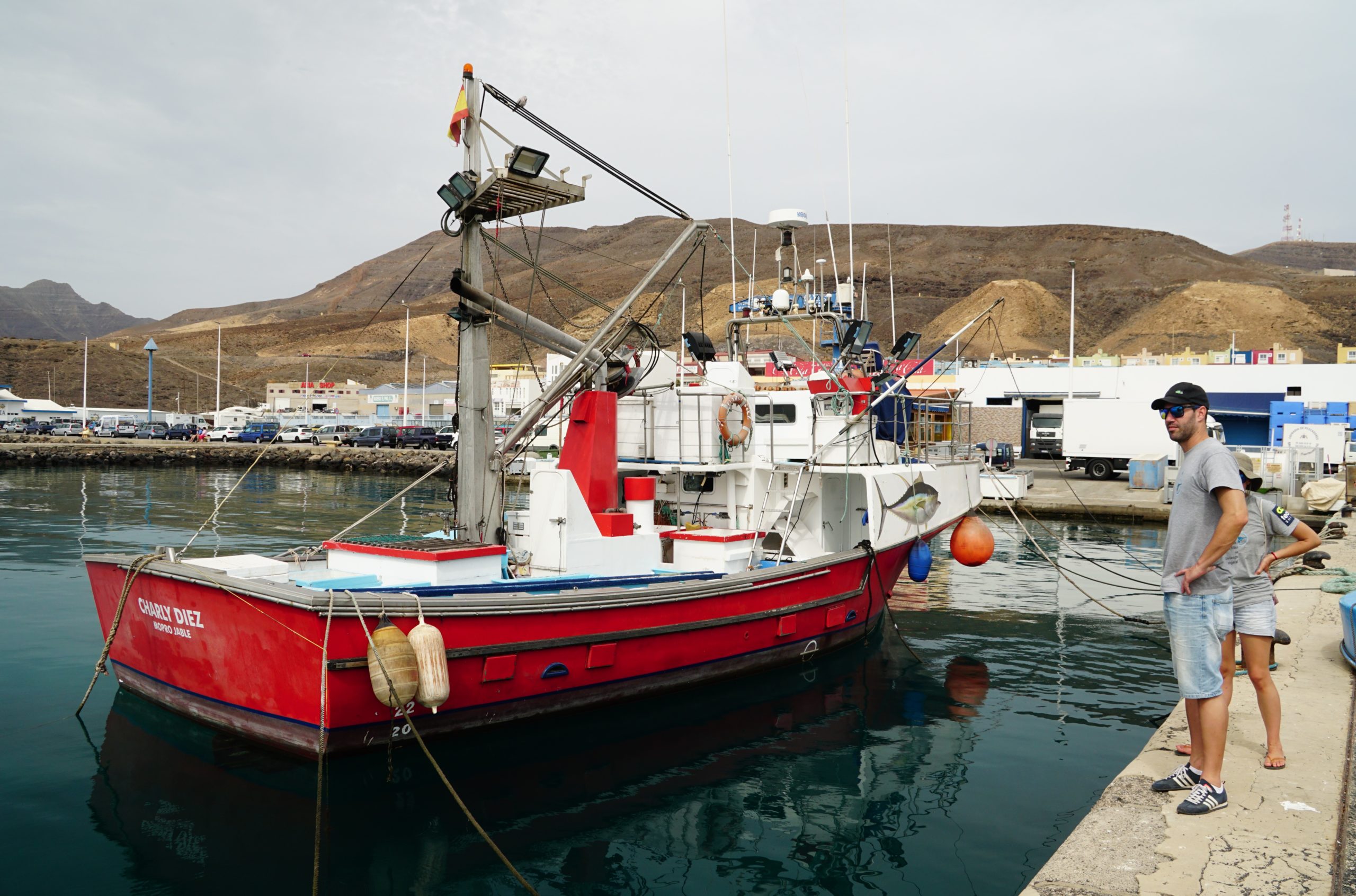
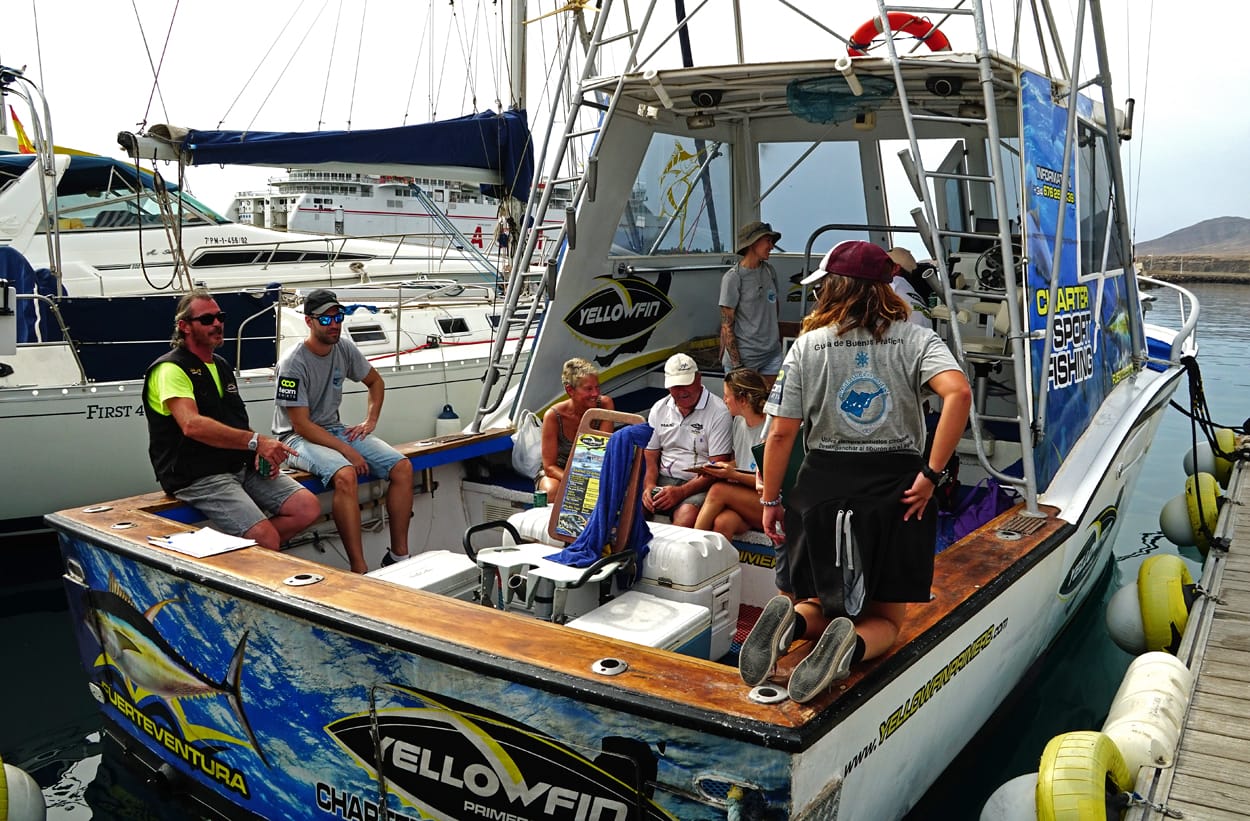
Recreational fisher questionnaire
Do you fish in the Canary Islands? Please help us learn more about this incredible shark by filling in our questionnaire – it wont take you more than 6 minutes. The recreational fishing sector is of vital importance to our study – whether you fish from the shore, from a boat or spearfish – we really appreciate your help.
RESOURCES
- Angelshark Action Plan for the Canary Islands (English | Español)
Identifies the key steps needed to secure the future of Angelsharks in the Canary Islands - East Atlantic and Mediterranean Angel Shark Conservation Strategy (English | Español | Francais)
Highlights research gaps and opportunities to improve protection of angel sharks across their range - Guidance Document for Juvenile Angelshark Habitat (English | Español)
- Best Practice to Release Angelsharks if Accidentally Caught by Recreational Fishers (English | Español)
Developed with recreational fishers to reduce Angelshark mortality after accidental capture. - Best Practice to Release Angelsharks if Accidentally Caught by Commercial Fishers (Español)
Developed with commercial fishers to reduce Angelshark mortality after accidental capture. - Code of Conduct for diving with Angelsharks (English / Español)
- Adult Angelshark Ecology Poster (English | Español)
Find out how we study adult Angelsharks with tagging techniques - Juvenile Angelshark Ecology Poster (English | Español)
Find out how we study Las Teresitas, the first nursery area discovered for Angelsharks in the Canary Islands - Angel Shark Project: Canary Islands Leaflet (English | Español)
Information leaflet on Angel Shark Project: Canary Islands and how you can be involved - Recreational fisher poster (English / Español)
- Fisher questionnaire poster (English | Español)
- Results of sportfisher client questionnaires in the Canary Islands: 2017 (English), 2019 (English | Español)
The Angel Shark Project completes questionnaires with clients of sportfisher charter boats in the Canary Islands to evaluate impact of the fisher engagement work. - Results from the 2019 Count the Angels: Fuerteventura (English | Español)
- Noviello et al. 2021. Modelling Critically Endangered marine species: Bias-corrected citizen science data inform habitat suitability for the angelshark (Squatina squatina)
- Meyers et al. 2017. Population structure, distribution and habitat use of the Critically Endangered Angelshark in the Canary Islands
- Lawson et al. 2020. Extinction risk and conservation of critically endangered angel sharks in the Eastern Atlantic and Mediterranean Sea
- Jiménez Alvarado et al. 2020. Investigation of juvenile angelshark (Squatina squatina) habitat in the Canary Islands to recommend measures for protection and management
- Ellis et al. 2020. Angel sharks (Squatinidae): A review of biological knowledge and exploitation
- Investigating environmental variables of Angelshark nursery areas
- Exploring how eDNA could be used to monitor Angelsharks in the Canary Islands
- A light in the darkness – how collaborative science is helping save the Angelshark in the Canary Islands
- Celebrating greater protection for the Angelshark; but what happens next?
- An Actionplan for Angelsharks
- Saving the Critically Endangered angel shark
- How to catch an angel
- Working together to save angel sharks
- Common ground
- A host of angels
Current Funders
We would like to thank our funders for their support and making our work possible


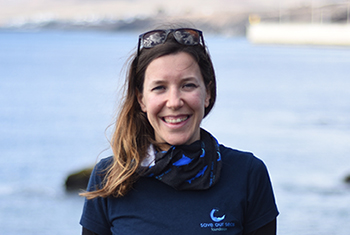
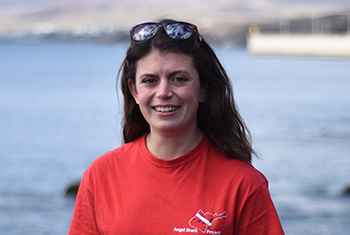
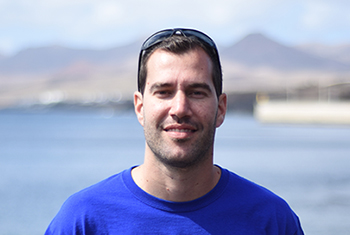
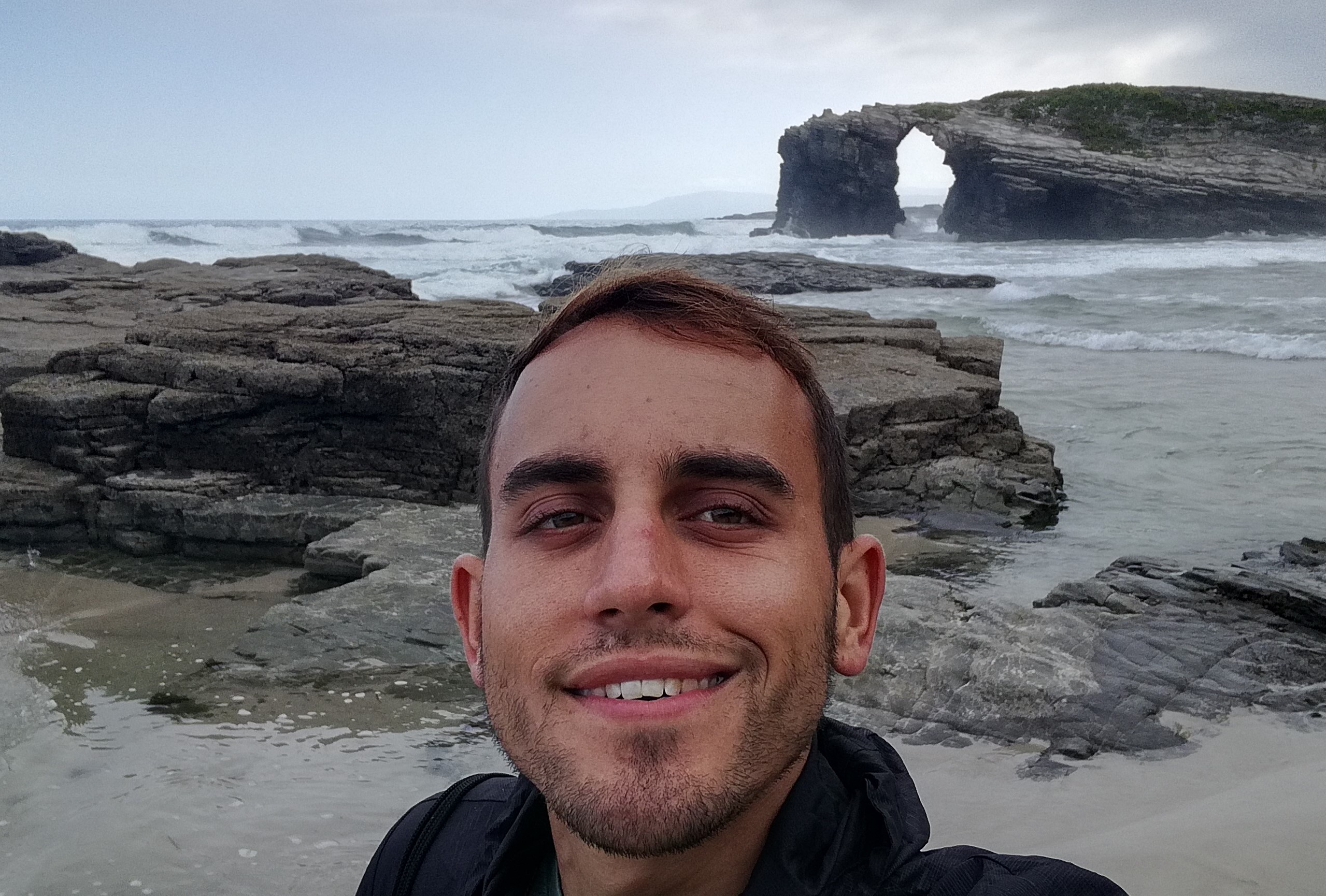
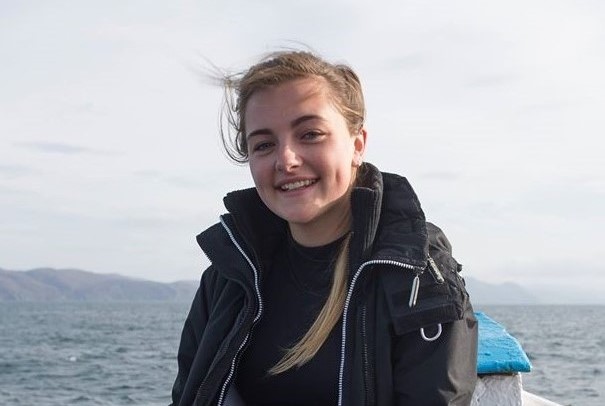
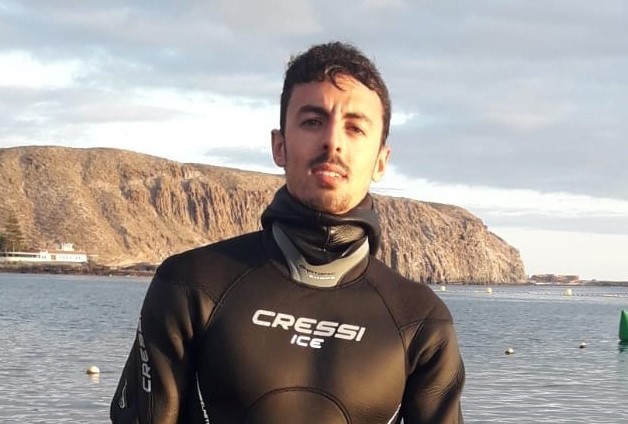
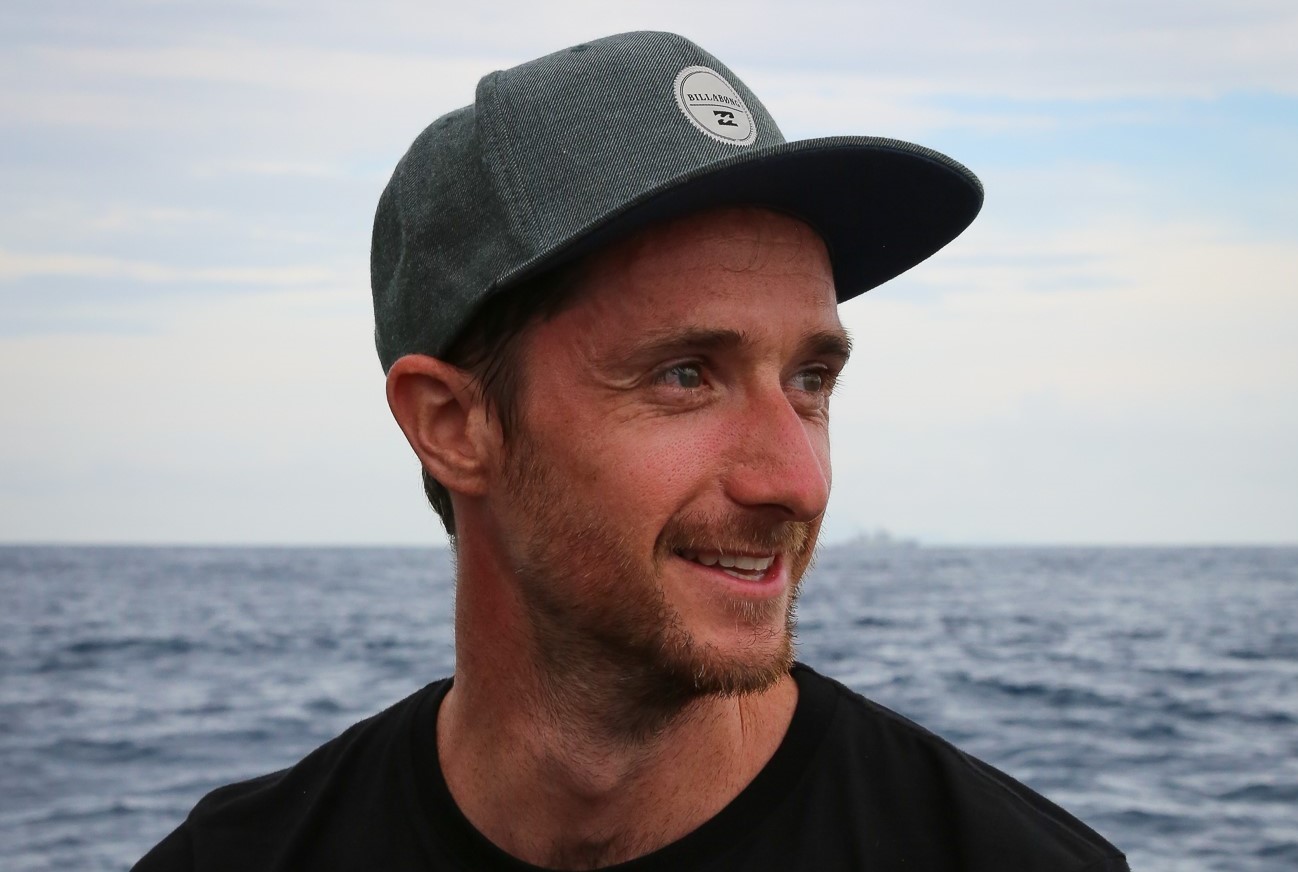

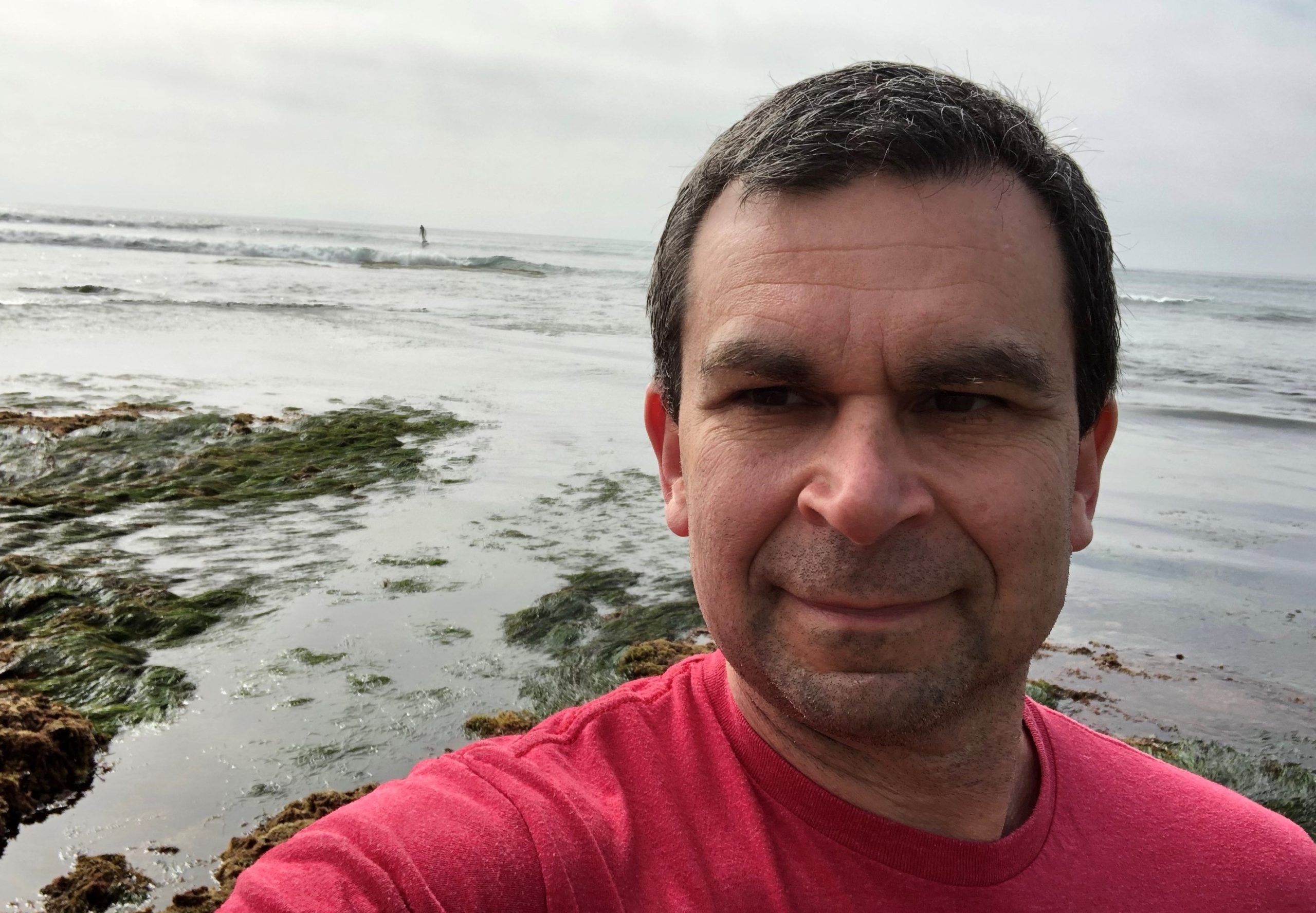

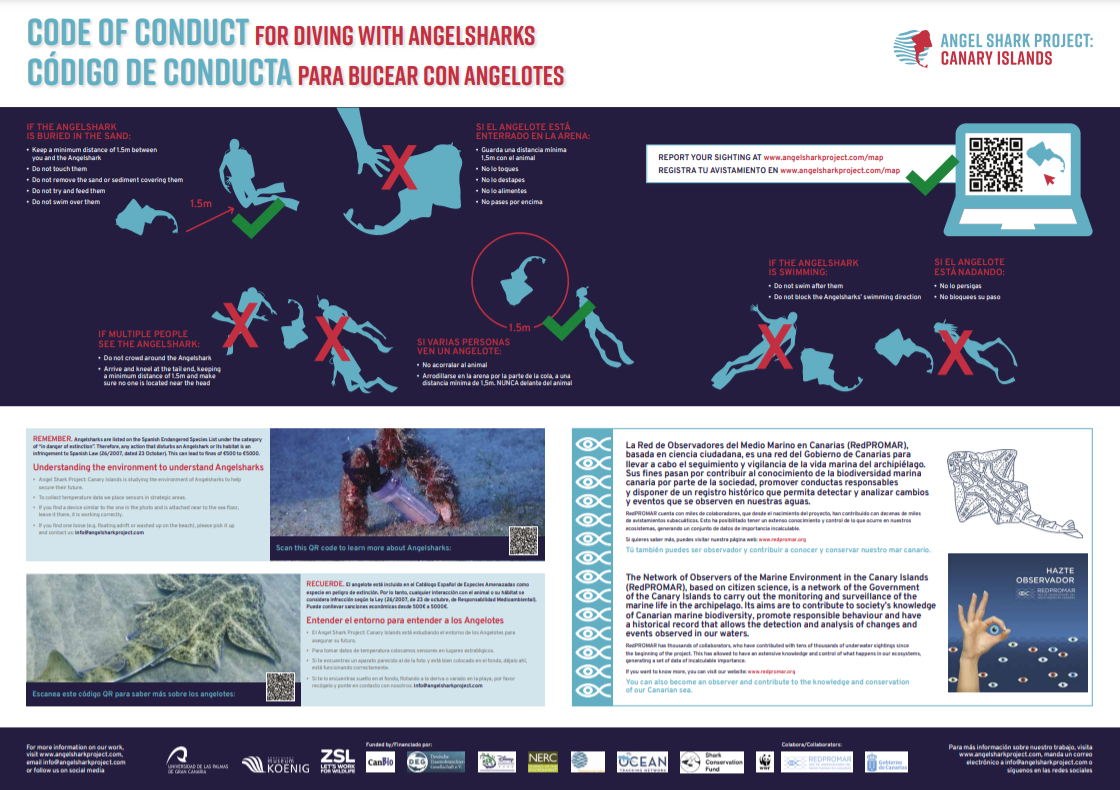


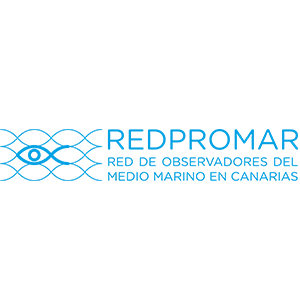
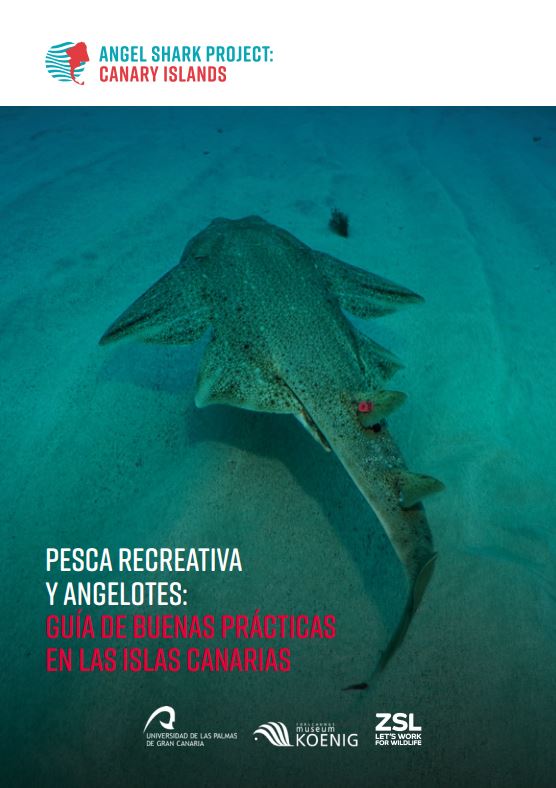
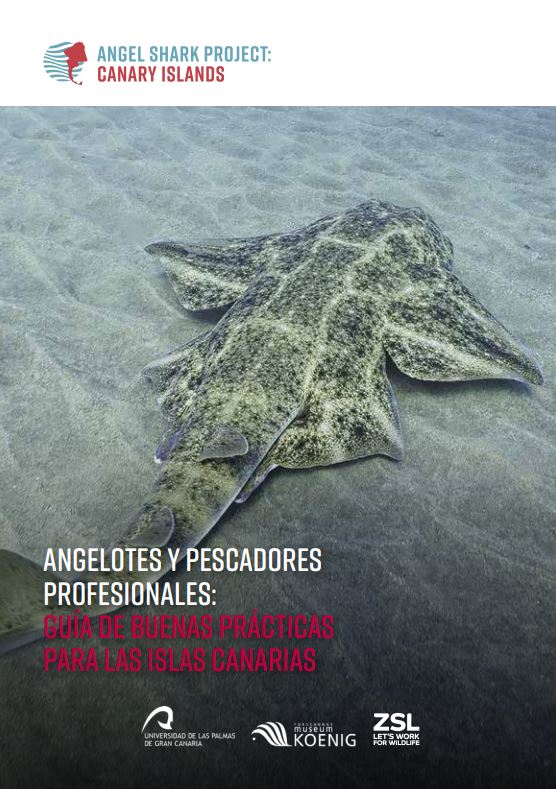
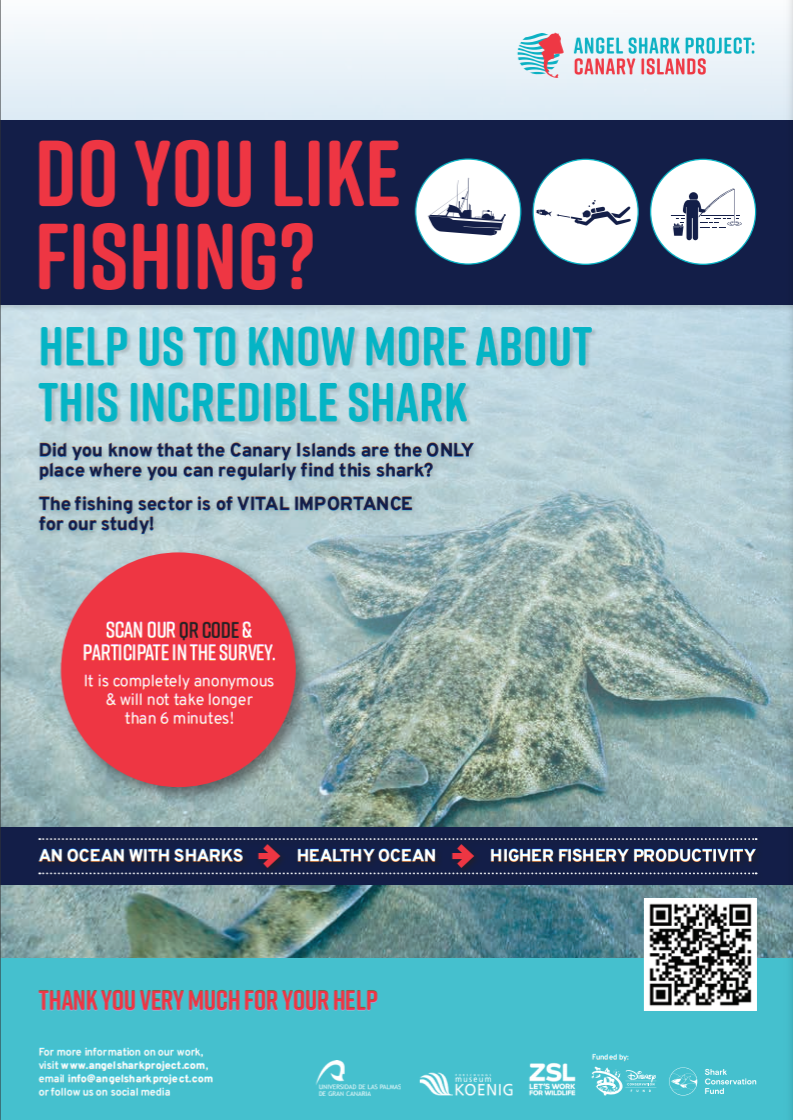
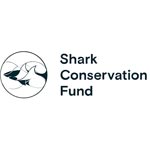



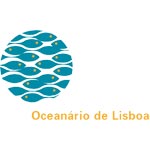


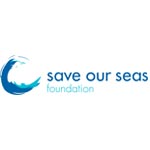
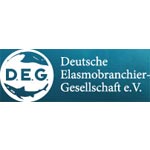
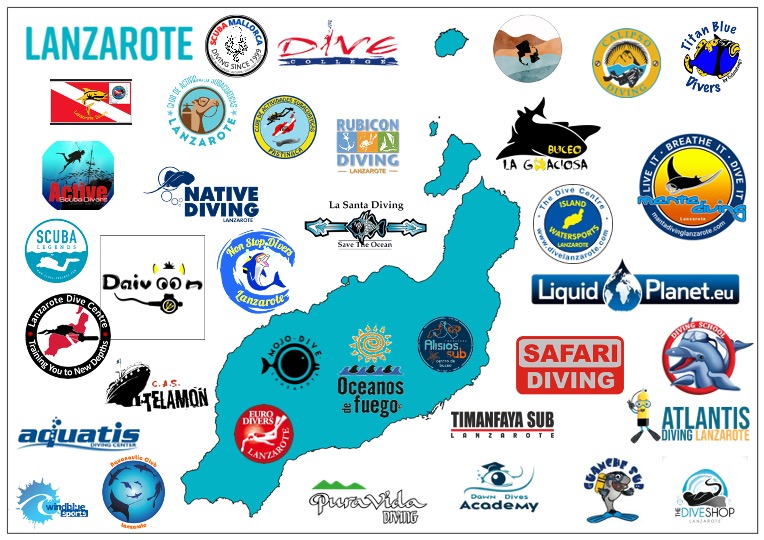
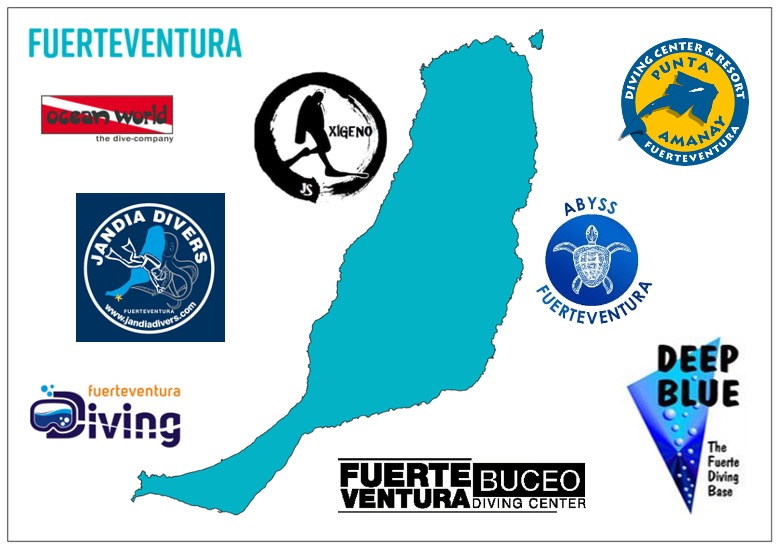
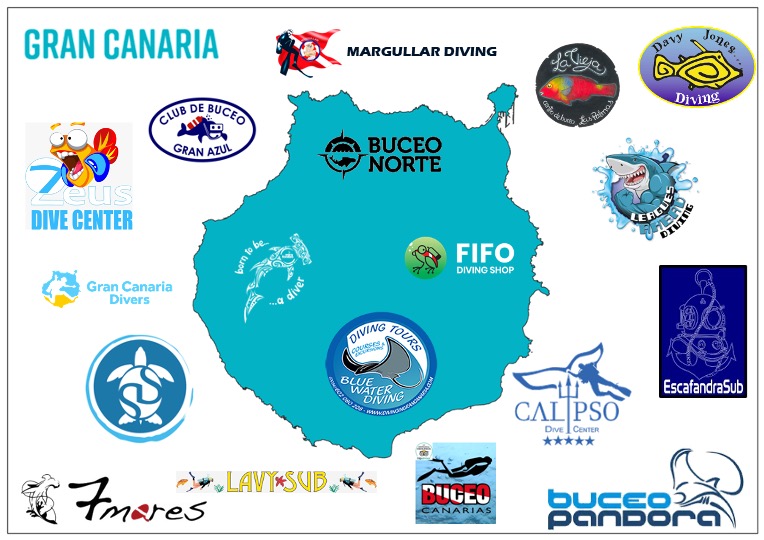
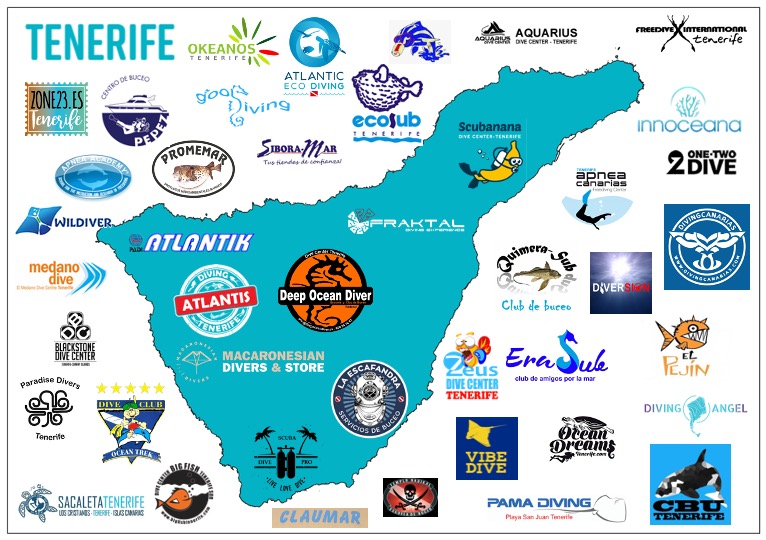
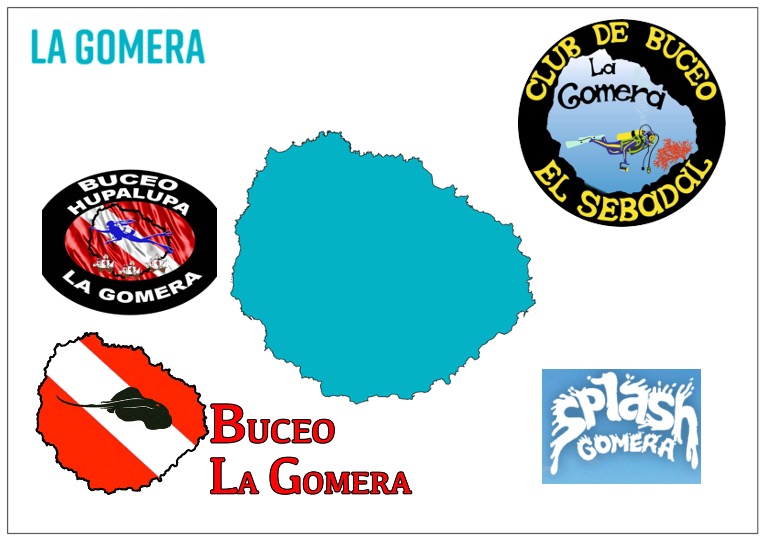
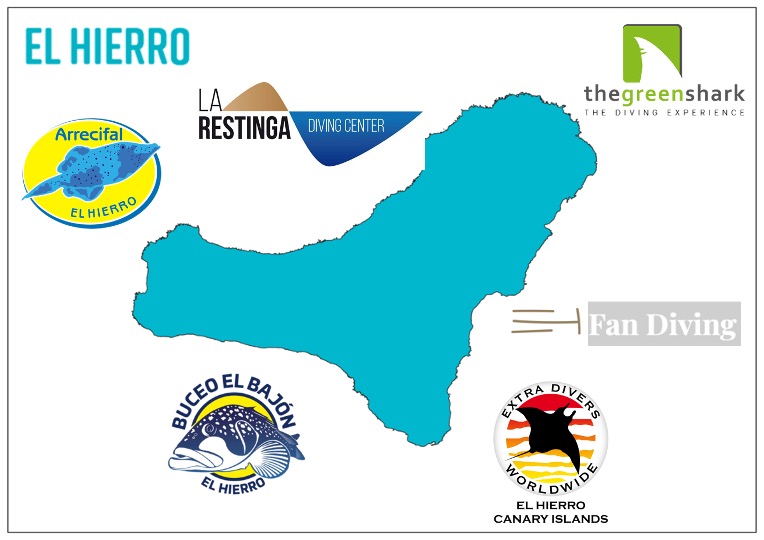
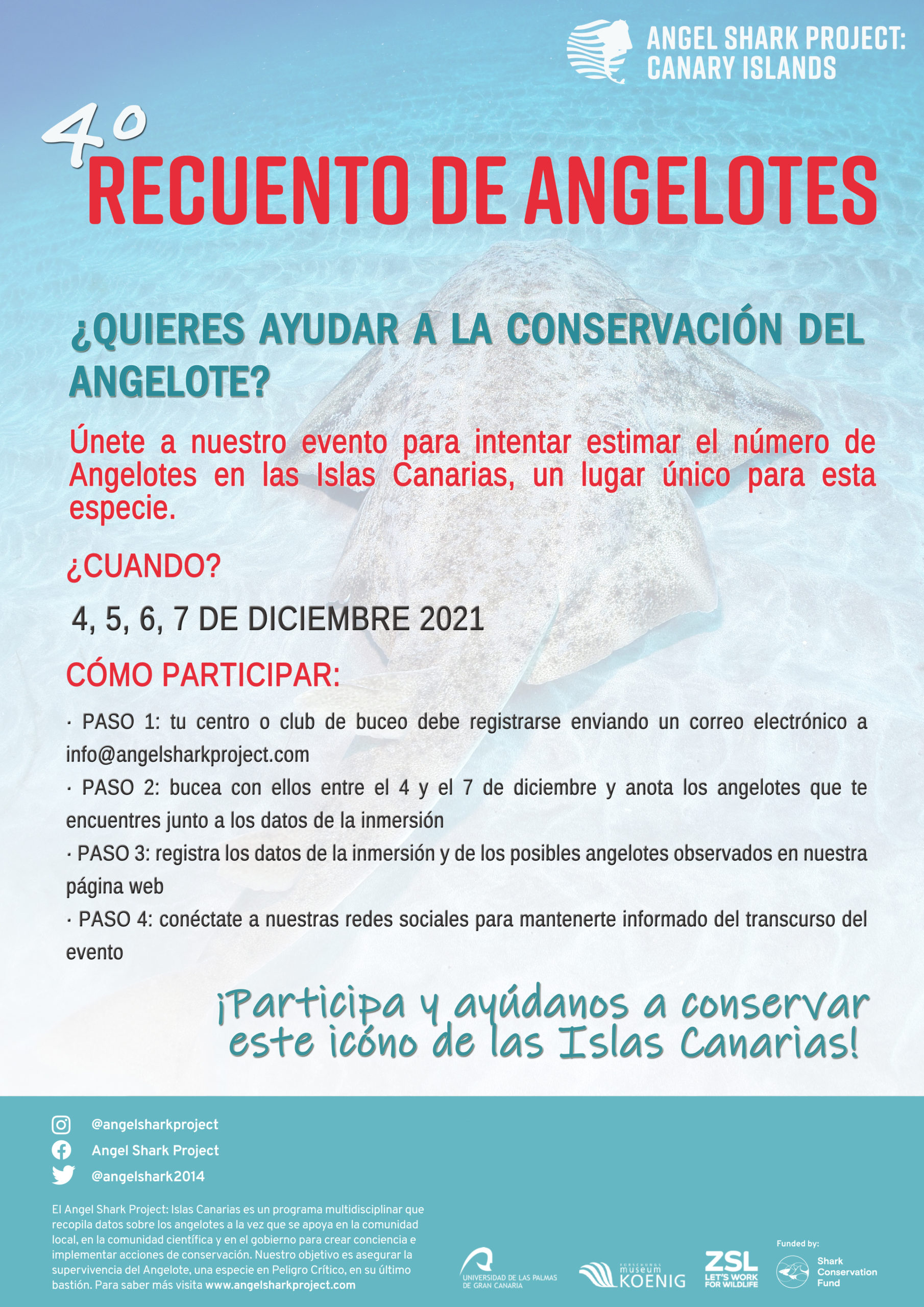
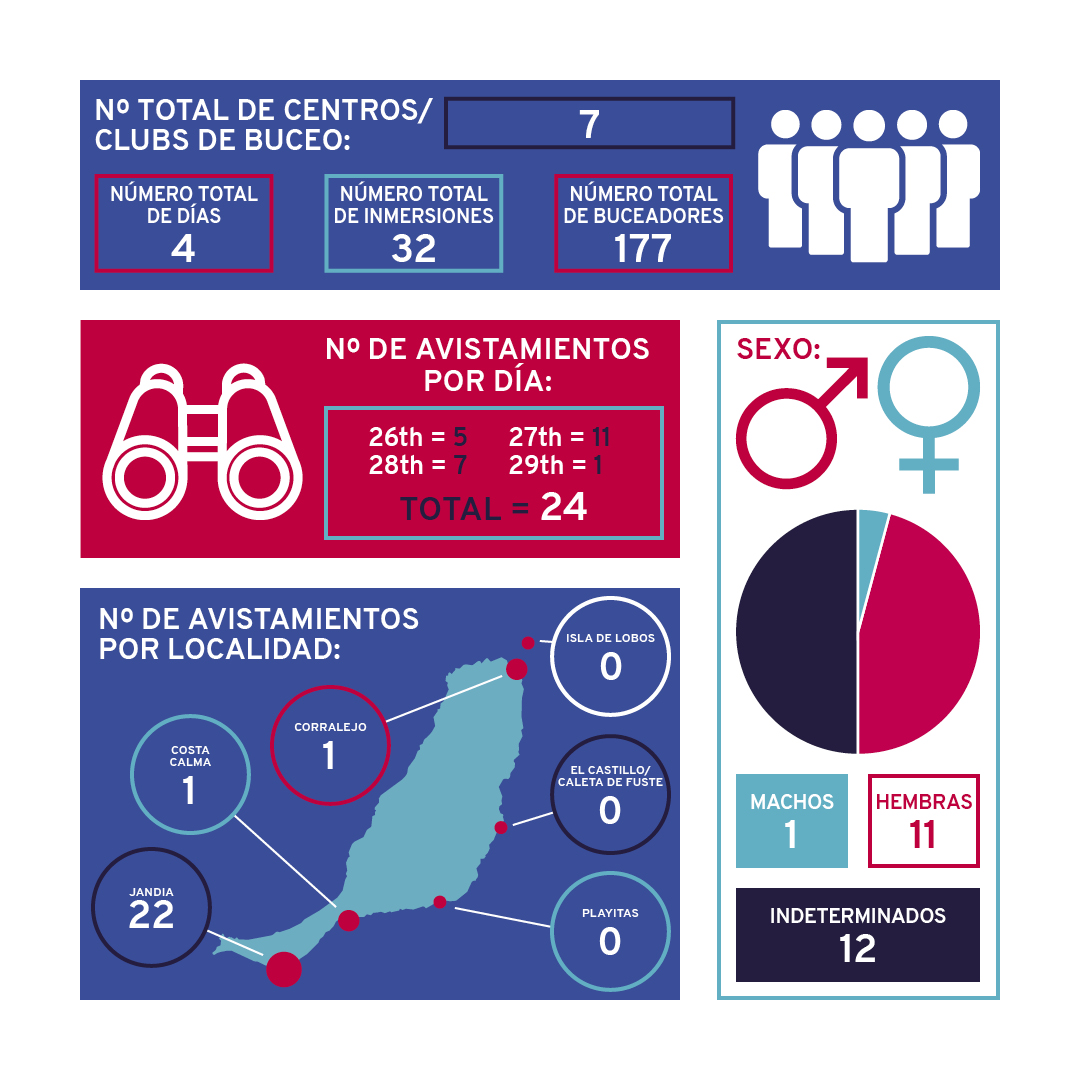
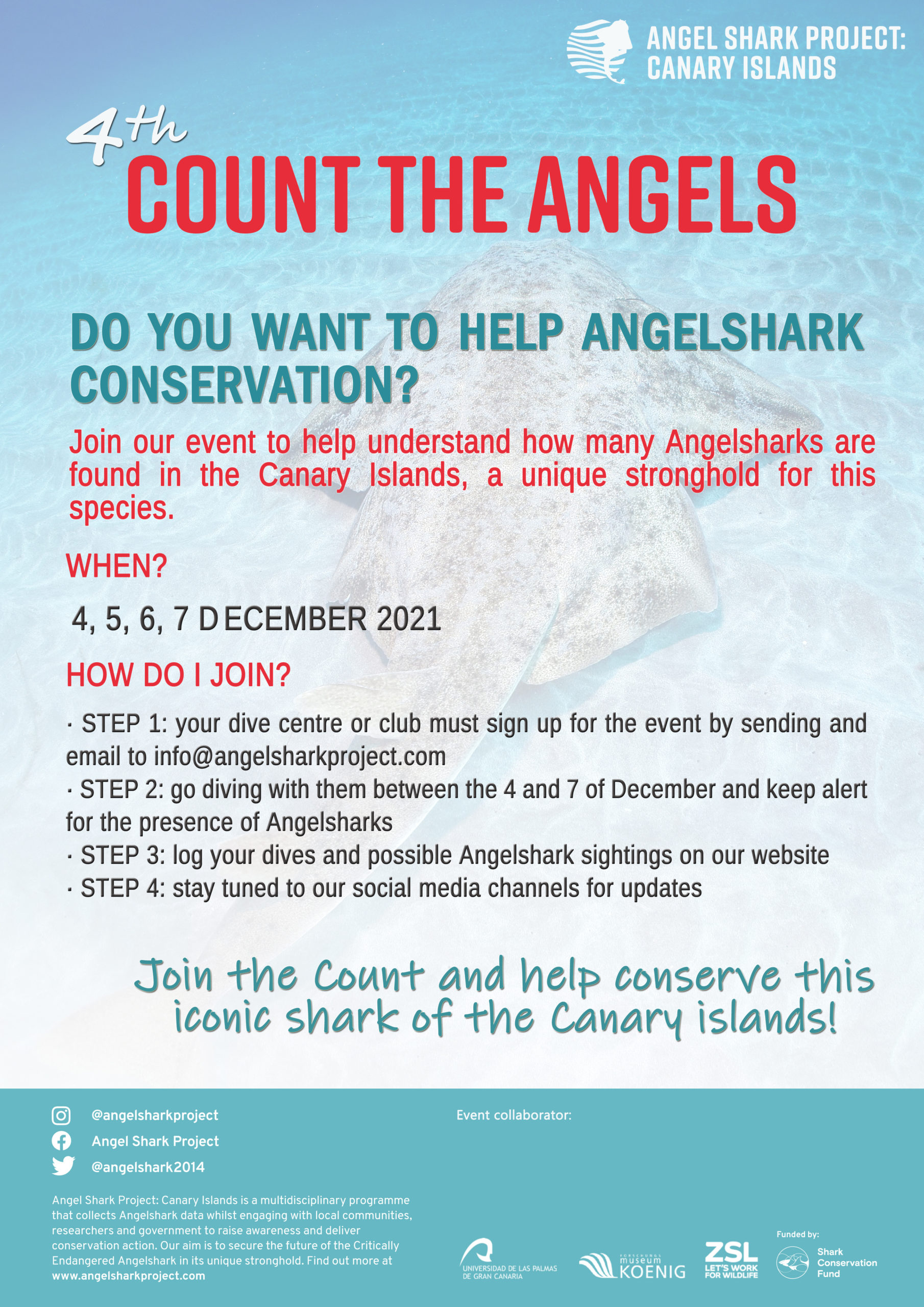
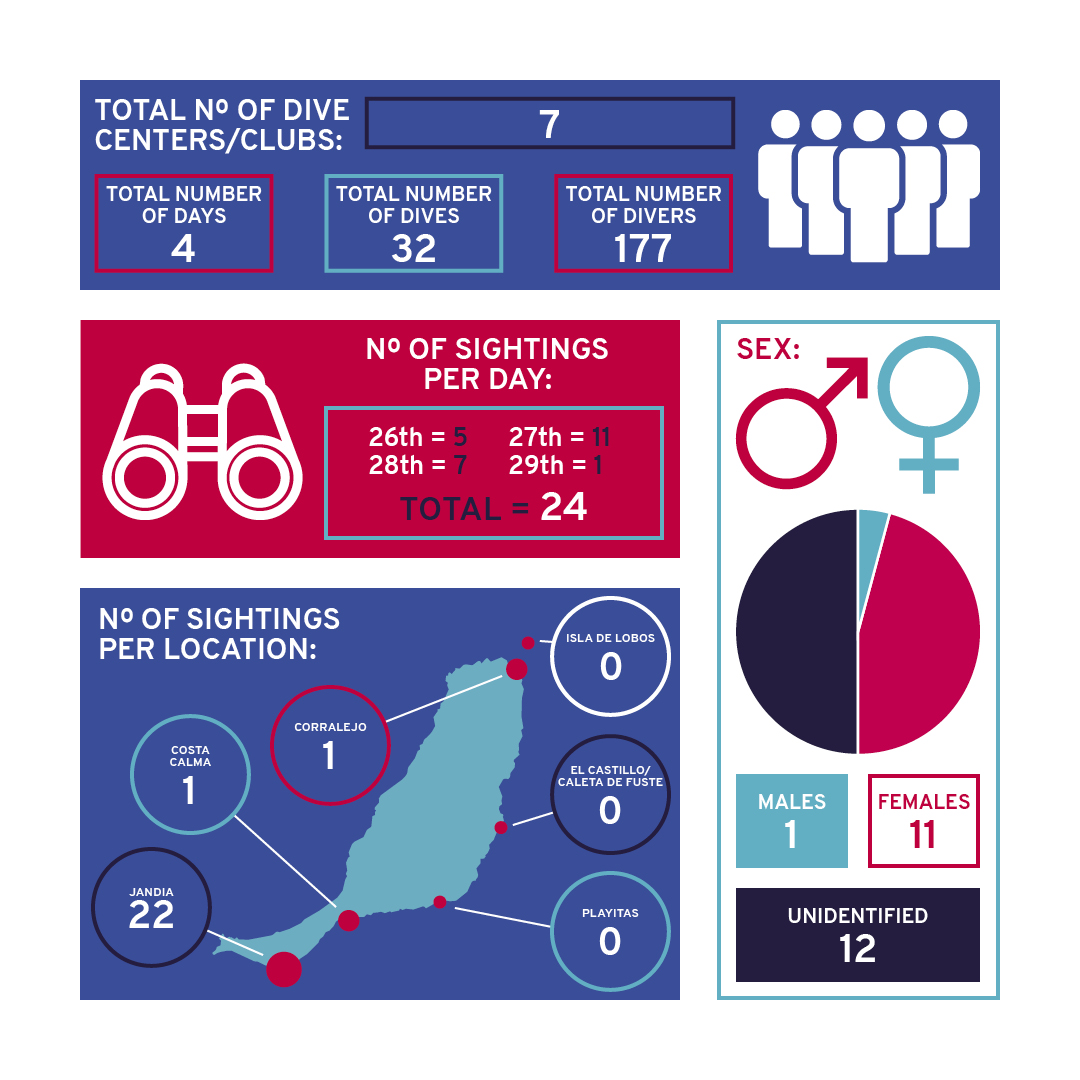
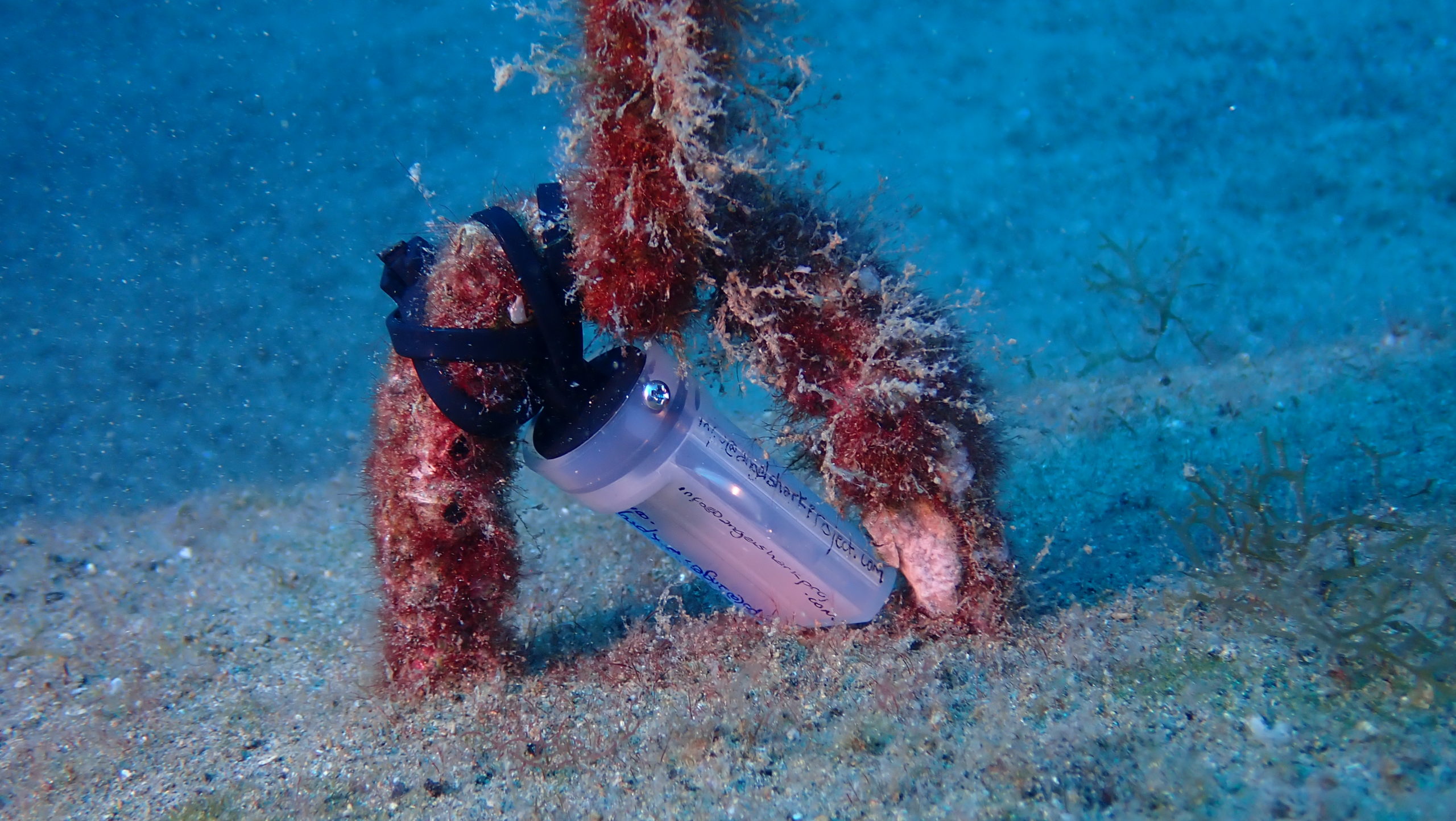
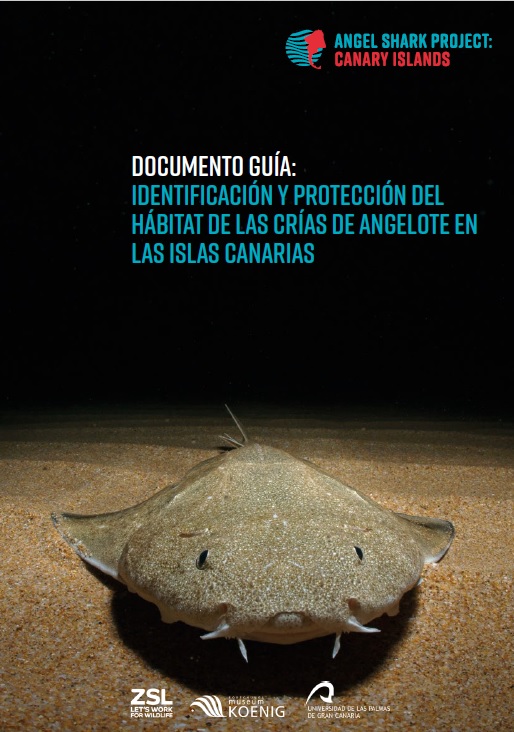

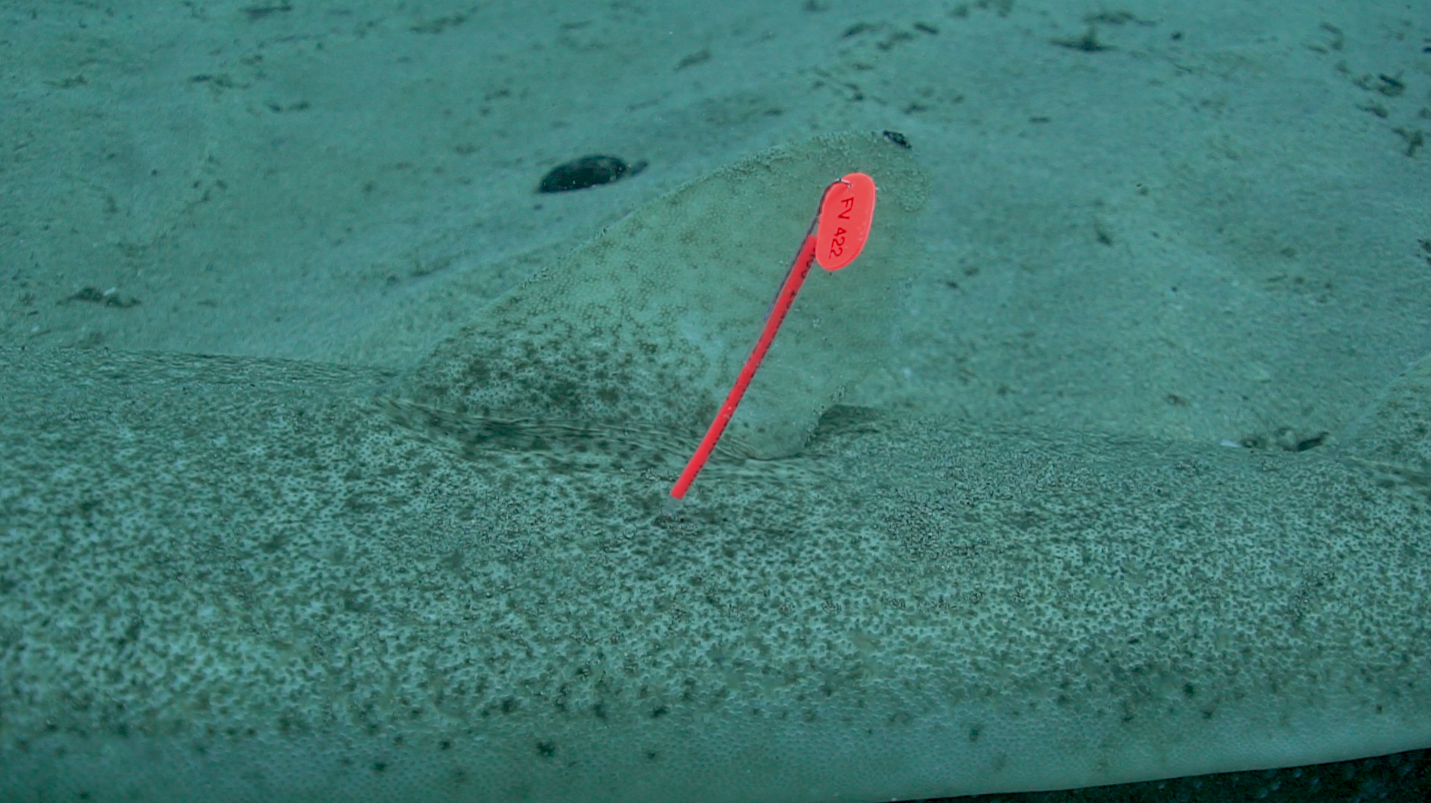
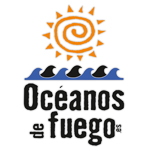
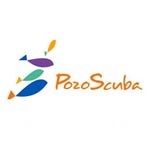
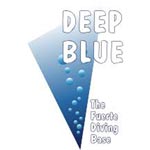
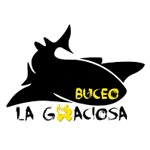


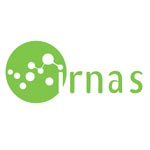


WHO WE ARE
The aim of the Angel Shark Project: Canary Islands is to secure the future of the Critically Endangered Angelshark in its unique stronghold
Angel Shark Project: Canary Islands is a multidisciplinary programme that collects ecological and population data whilst engaging with local communities, researchers and government to raise awareness and deliver conservation action.